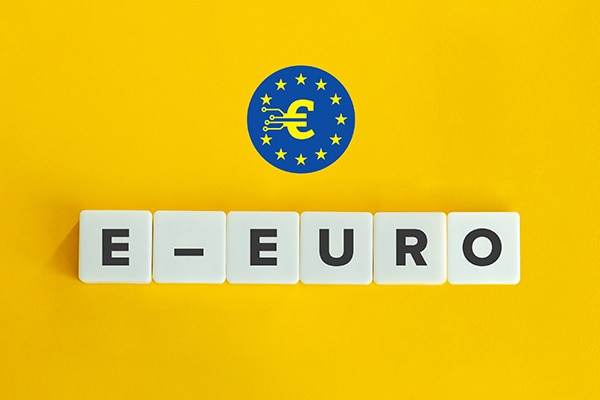Digital finance and its regulation in 2023
In 2022, digitization continued to be a priority for regulators on a global level, and 2023 is expected to be just as intense in the regulation of digital issues, with a focus on open finance and digital assets.

This year, Europe has continued to move forward with the implementation of its digital strategy - defined in 2020 - with new proposals, such as the regulation of harmonized standards for fair data access and use (Data Act), and the adoption of regulations launched in 2021. One example is the Digital Markets Act, which imposes obligations for large platforms to prevent unfair practices, or practices that can hinder competition; another is the Digital Operations Resilience Act (DORA). The latter, which will be further developed with secondary legislation in 2023, represented a significant milestone in the world of cybersecurity. It establishes comprehensive control over suppliers, reviewing their risks, and lays the foundation to exchange information related to cyber threats.
Other initiatives, such as the Artificial Intelligence Act, or the modification of the Electronic Identification regulation (which will create future digital identity wallets for European citizens) are expected to be completed in 2023.
In terms of international data exchange, it is important to note that the preliminary 2022 agreement between the EU and U.S. on a new legal framework for transatlantic data flows, is expected to be ratified by the Commission in 2023.
Open finance and payments

One issue that the European Commission wants to regulate in the new year is the so-called ‘open finance’, which refers to third-party service providers’ access to customer data (companies and consumers) held by intermediaries in the financial sector in order to provide financial services and information services. It will complement the data sharing obligations established in the Payment Services Directive. The latter will also be subject to revision in 2023, and could cover new payment services (for example, electronic wallets) or the obligation for new customer protection and transparency requirements.
On the other hand, the Commission proposed a new regulation to promote the adoption of immediate payments and the development of new payment solutions based on them.
Virtual assets

Another field that received significant attention from national and international agencies in 2022 was cryptoassets. On a global level, the Basel Committee on Banking Supervision published the final standard on the prudential treatment of bank exposure to cryptoassets in December. In addition, the Financial Stability Board (FSB) has proposed a framework for the international regulation of cryptoasset activities, with general recommendations for the regulation, supervision and oversight of their activities and markets, with the goal of more efficiently addressing the financial stability risks associated with them.
On a European level, co-legislators reached a political agreement on the regulation of cryptoassets (MiCA), and the final text is currently in the formal approval process. It covers the issuance of previously unregulated cryptoassets, particularly stablecoins, such as custody and exchange. Banking supervisory authorities are expected to issue standards on development techniques in 2023.
Digital euro

At the same time, central banks have stepped up their analysis of central bank digital currencies (CBDC). The European Central Bank began a two-year research process on a possible “digital euro”, a CBDC for retail payments. In 2022, the ECB published a report that conifers the initial design options for the digital euro. In parallel, the Commission also conducted a consultation on the digital euro and will present a bill in the second quarter of 2023 that will serve as the legal basis for the ECB project, which will make a decision on the start of a “realization phase” of a digital euro toward the end of the year.